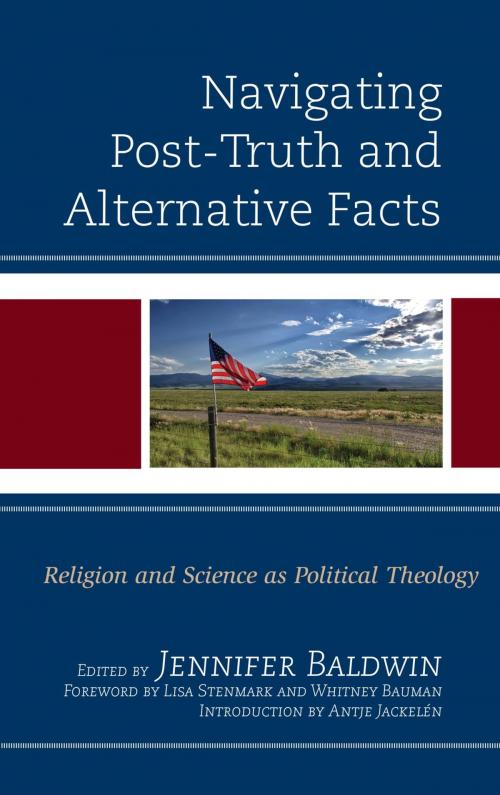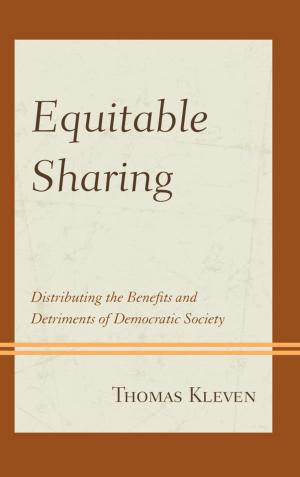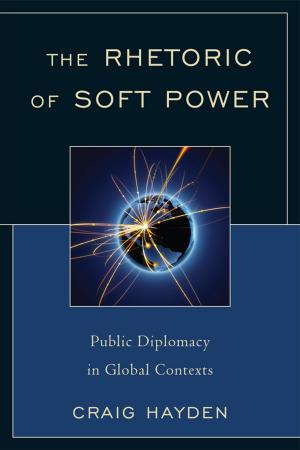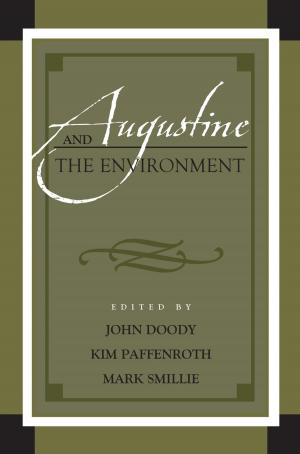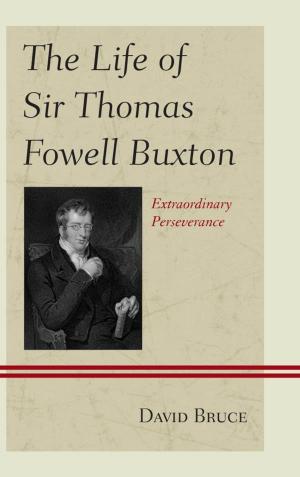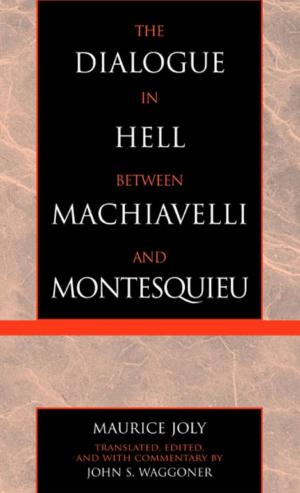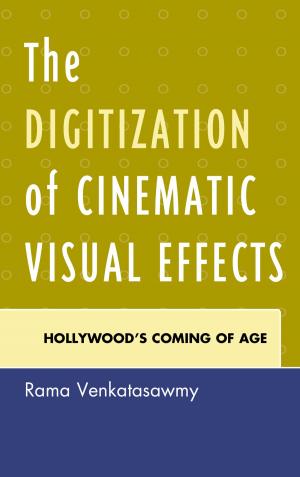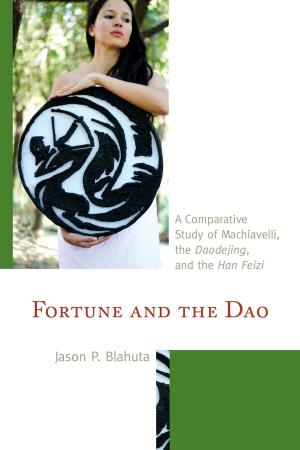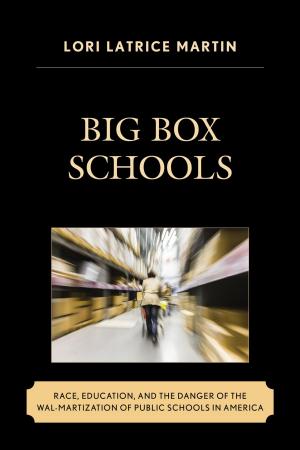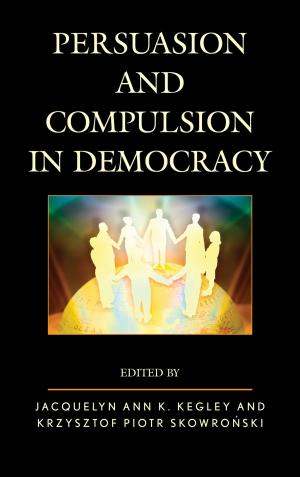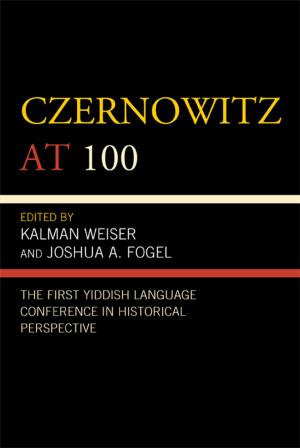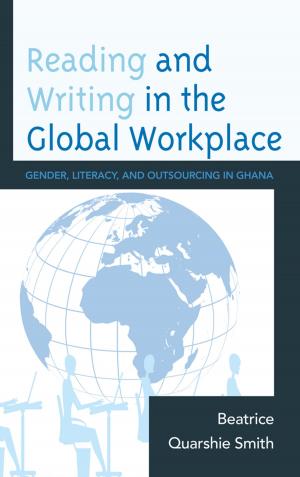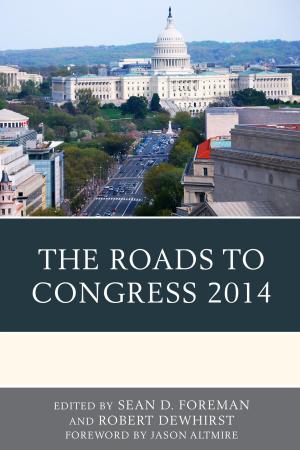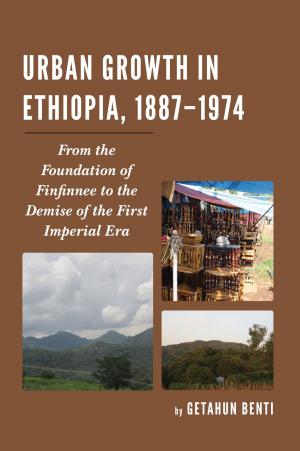Navigating Post-Truth and Alternative Facts
Religion and Science as Political Theology
Nonfiction, Religion & Spirituality, Reference, Psychology of Religion, Social & Cultural Studies, Political Science, Government, Public Policy| Author: | Paul Allen, Jennifer Baldwin, Whitney Bauman, Craig Boyd, Philip Clayton, Ingraham Professor of Theology, Claremont School of Theology, Ted Peters, Adam Pryor, Knut-Willy Sæther, Lisa Stenmark, Graham Walker | ISBN: | 9781498580090 |
| Publisher: | Lexington Books | Publication: | September 15, 2018 |
| Imprint: | Lexington Books | Language: | English |
| Author: | Paul Allen, Jennifer Baldwin, Whitney Bauman, Craig Boyd, Philip Clayton, Ingraham Professor of Theology, Claremont School of Theology, Ted Peters, Adam Pryor, Knut-Willy Sæther, Lisa Stenmark, Graham Walker |
| ISBN: | 9781498580090 |
| Publisher: | Lexington Books |
| Publication: | September 15, 2018 |
| Imprint: | Lexington Books |
| Language: | English |
Navigating Post-Truth and Alternative Facts: Religion and Science as Political Theology is an edited volume that explores the critical intersection of “religion-and-science” and our contemporary political and social landscape with a tailored eye towards the epistemological and hermeneutical impact of the “post-truth society.” The rise of the post-truth society has specific importance and inherent risk for nearly all academic disciplines and researchers. When personal beliefs regarding climate change trump scientific consensus, research projects are defunded, results are hidden or undermined, and all of us are at a greater vulnerability to extreme weather patterns. When expertise itself becomes suspect, we become a nation lead by fools. When data is overcome by alternative facts and truth in any form is suspect, where is the space for religious and/or scientific scholarship? The central curiosity of this volume is “what is the role of religion and science scholarship in a post-truth society?” This text explores truth, lies, fear, populism, politics, faith, the environment, post modernity, and our shared public life.
Navigating Post-Truth and Alternative Facts: Religion and Science as Political Theology is an edited volume that explores the critical intersection of “religion-and-science” and our contemporary political and social landscape with a tailored eye towards the epistemological and hermeneutical impact of the “post-truth society.” The rise of the post-truth society has specific importance and inherent risk for nearly all academic disciplines and researchers. When personal beliefs regarding climate change trump scientific consensus, research projects are defunded, results are hidden or undermined, and all of us are at a greater vulnerability to extreme weather patterns. When expertise itself becomes suspect, we become a nation lead by fools. When data is overcome by alternative facts and truth in any form is suspect, where is the space for religious and/or scientific scholarship? The central curiosity of this volume is “what is the role of religion and science scholarship in a post-truth society?” This text explores truth, lies, fear, populism, politics, faith, the environment, post modernity, and our shared public life.
